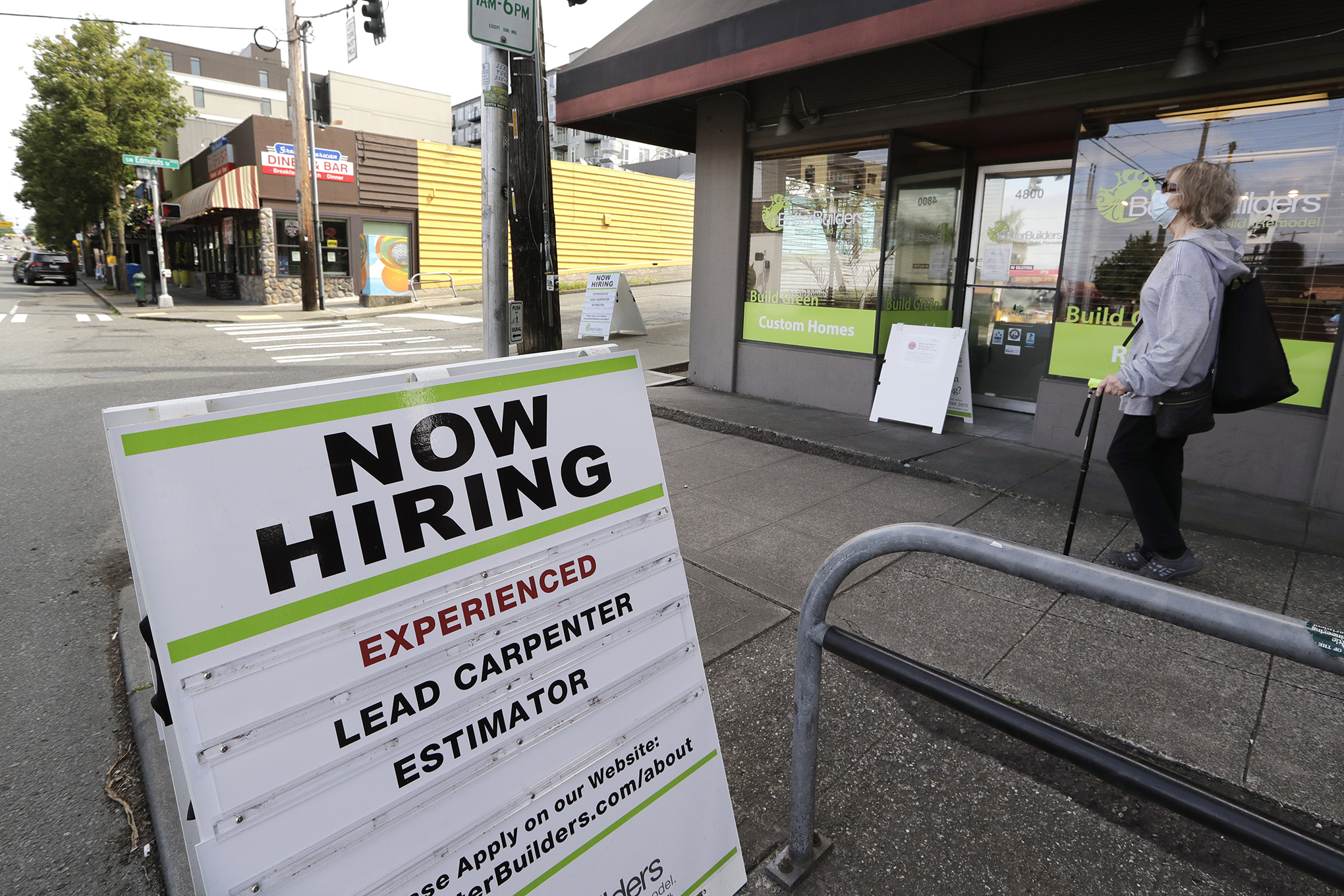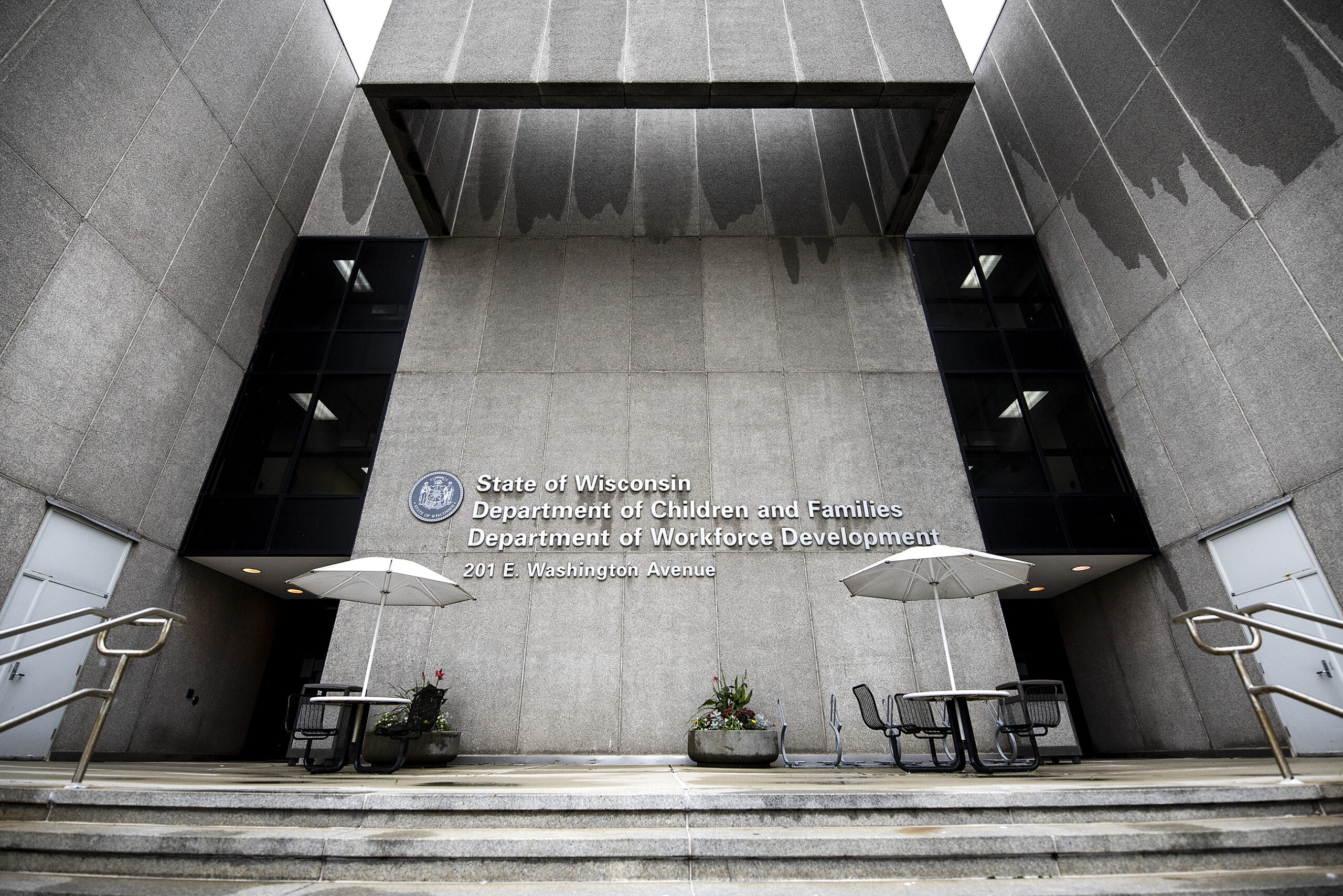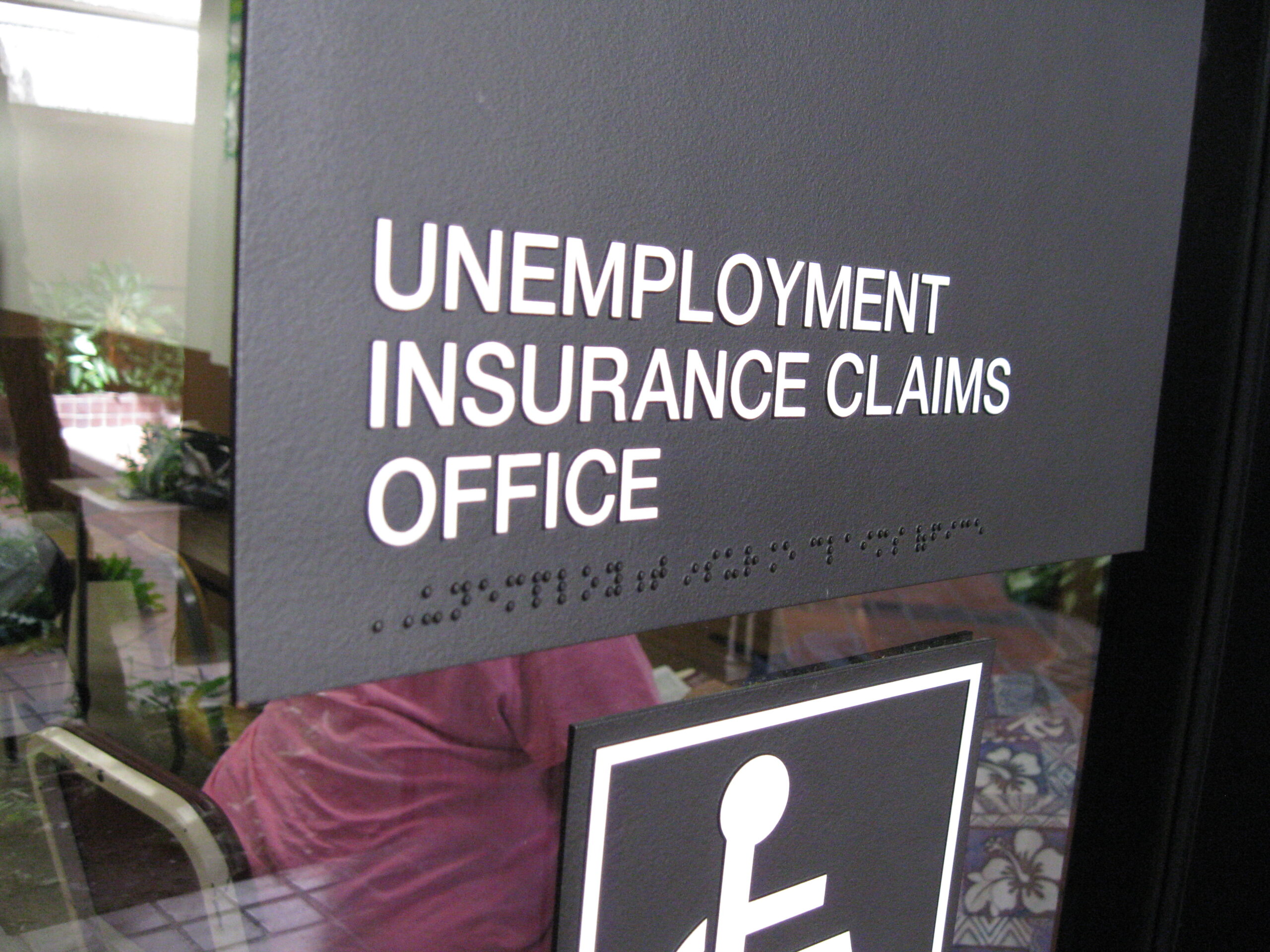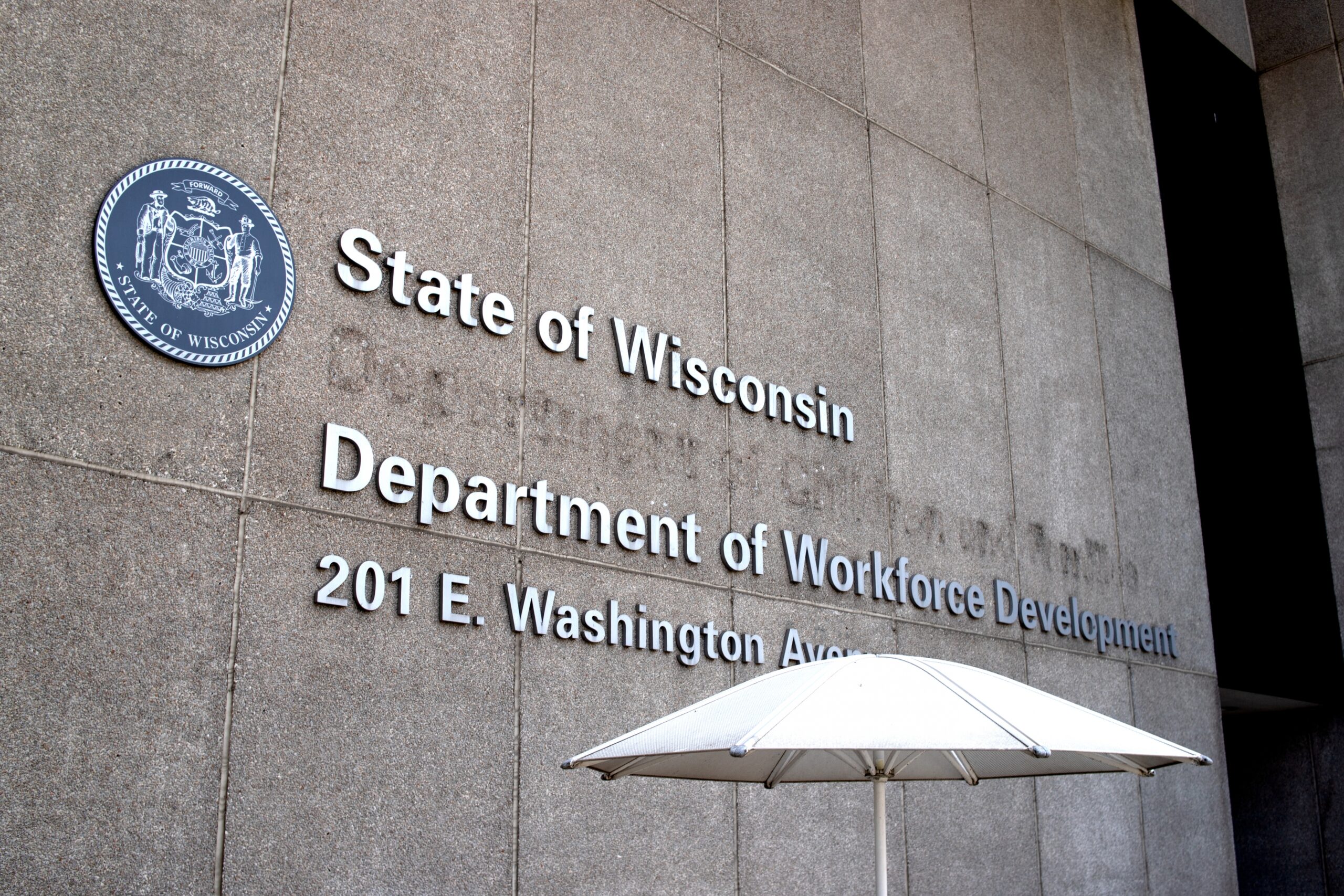Unemployed people in Wisconsin will again have to prove they are looking for work to receive unemployment benefits under a pre-pandemic rule reinstated by GOP state lawmakers on Wednesday.
The Legislature’s administrative rules committee voted 6-4, with Republicans in favor and Democrats against, to reinstate the requirement. It is expected to go back into effect by the end of this week.
Under the rule, unemployed residents must complete four job search activities — like submitting a resume to a company or registering with a temporary job agency — per week in order to receive state unemployment benefits. The requirement was first waived in May 2020 because of the COVID-19 pandemic and was extended as the pandemic stretched into 2021.
News with a little more humanity
WPR’s “Wisconsin Today” newsletter keeps you connected to the state you love without feeling overwhelmed. No paywall. No agenda. No corporate filter.
During Wednesday’s committee meeting, Republican lawmakers argued the state’s 3.8 percent unemployment rate and workforce shortage mean it’s time to bring back the requirement.
“It’s not onerous to ask people to look for work when they are on (unemployment benefits),” said Rep. Adam Neylon, R-Pewaukee, who co-chairs the joint administrative rules committee. “We’re trying to be responsive to the conditions that are out there. What we hear is that we need more workers, we need more people to enter into the workforce.”
Ahead of the pandemic, in March 2020, the state unemployment rate was 3.4 percent.
“The small business community is coming back, but we need to remove the barriers to getting that workforce,” Bill Smith, state director for the National Federation of Independent Businesses, told lawmakers at the committee meeting.
Last week, the Biden administration said it would begin working with states to start reinstating work search requirements.
However, officials from the state Department of Workforce Development urged lawmakers to reconsider reinstating the requirement early. During testimony on Wednesday, DWD Secretary Amy Pechacek said the agency planned to allow the current waiver to expire in July. She said doing so before then would hurt families and the entire state’s recovery from the economic stresses of the pandemic.
“Our state’s economy is not yet back at full strength,” Pechacek said. “There are many employers that have not been able to restore their full operations and there are many Wisconsin workers still relying on the (unemployment insurance) program for income replacement.”
Pechacek said some workers are struggling with getting the child care necessary to return to work, as many child care businesses have closed or are still operating with limited capacity. She also pointed out some young children are still at home during the day, participating in virtual school.
Sen. Steve Nass, R-Whitewater, said he expects Gov. Tony Evers to use some of the latest round of federal stimulus money to support affordable child care options statewide.
“I have high expectations that the governor will step in and help those who are unemployed with child care,” Nass said.
According to the state Department of Children and Families, Evers has already directed more than $130 million in federal money to child care businesses statewide during the pandemic, to help with things like staffing and increased pandemic-related expenses.
Democrats pushed back on Nass’ comment, saying it isn’t possible for the governor to immediately solve the problem.
“Unfortunately, as much as I wish our governor could magically flip a switch, and I appreciate that child care is one of his priorities, I know that he can’t just flip that switch and make centers magically open or make staff magically trained,” said Rep. Lisa Subeck, D-Madison, who used to run a child care business.
Pechacek pointed out many industries struggling to find workers, like hospitality and tourism, often employ women, who are more likely to stay home to provide child care when it isn’t available outside the home.
Pechacek also said the statewide workforce shortage, which existed before the pandemic, is fueled by other systemic factors, including an aging workforce, a mismatch between unemployed workers’ skills and open jobs, and people who don’t have the transportation they need to get to work.
“Unfortunately, simply reinstating the work search and work available requirements will not solve the worker shortage that many employers are experiencing,” she said.
After the Legislature’s administrative rules committee votes to end a rule, the entire Legislature has to approve their action. The Legislature would give their approval by voting on and passing a bill introduced by the committee. The committee has to send the Legislature the bill within 30 days of their action, but there are no timing requirements for how quickly the Legislature has to vote on it.
Wisconsin Public Radio, © Copyright 2025, Board of Regents of the University of Wisconsin System and Wisconsin Educational Communications Board.







